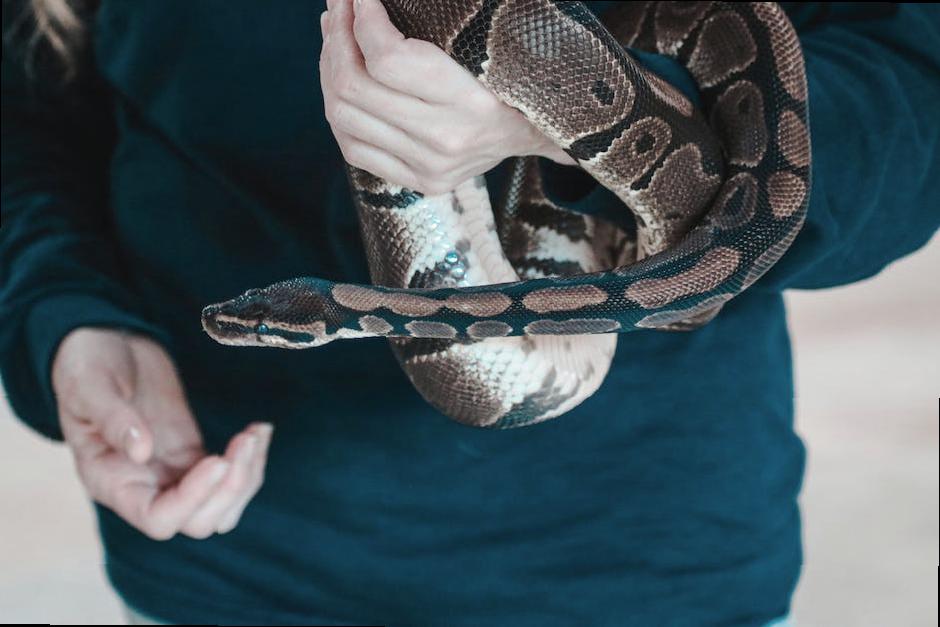
Exotic animal ownership has become increasingly popular in recent years, and the regulations governing it vary significantly from state to state. As a result, it is important for exotic animal owners to be aware of the regulations in their area before they make the commitment to acquire a pet.
The first step in navigating the regulations of exotic animal ownership is to research the laws of the state where the pet will be kept. Each state has different regulations and requirements for owning exotic animals. Some states may have very strict regulations, including bans on certain species, while other states may allow for more lenient ownership. It is important to research the laws in the area to make sure that the pet is a legal species and that the owner is in compliance with the regulations.

In addition to researching the state laws, it is also important to research the local regulations. Some cities and counties may have additional restrictions on exotic animal ownership, such as bans on certain species or restrictions on the number of animals that can be kept. It is important to research these local regulations to make sure that the pet is allowed in the area.
Once the owner has determined that the pet is allowed in the area, the next step is to obtain any necessary permits or licenses. In some states, exotic animal owners may need to obtain a permit or license in order to keep their pet. The requirements for these permits and licenses vary from state to state, so it is important to research the specifics for the area.

Once the pet is acquired, it is important to stay up to date on the laws and regulations that govern exotic animal ownership. Many states and local governments will periodically change the regulations, so it is important to stay informed of any changes that may affect ownership. In addition, it is also important to stay informed of any new developments in the field of animal care. This will help to ensure that the pet is receiving the best care possible.
Finally, it is important to make sure that the pet is properly cared for and provided with the proper nutrition and environment. Many exotic animals require special diets and habitats in order to remain healthy. It is important to research the specific needs of the pet in order to ensure that it is receiving the best care possible.

Navigating the regulations of exotic animal ownership can be a daunting task. However, with the proper research and knowledge, it is possible to ensure that the pet is cared for properly and that the owner is in compliance with all of the laws and regulations. By taking the time to research the regulations and staying informed of any changes or developments in the field of animal care, exotic animal owners can ensure that their pet is receiving the best possible care.
